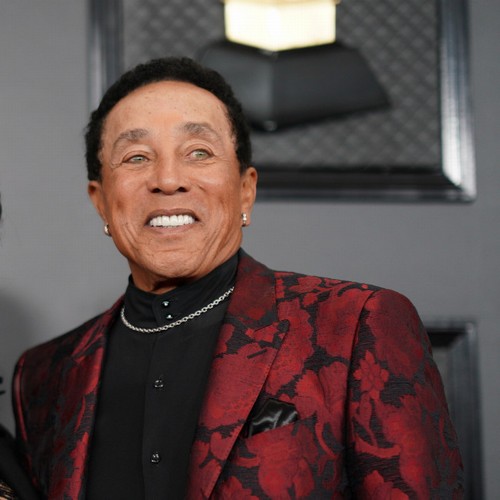Lessin (an Oscar nominee for “Trouble the Water”) and Pildes (making her directing debut) are wise to realize they don’t need to heighten the drama, though. They train their cameras on these women and let them tell their stories in matter-of-fact, clear-eyed fashion. Many of these anecdotes are horrifying, as you might imagine—stories of their own abortions, which they often had to secure through the mob at great expense at a middle-of-nowhere motel, or stories of other women they tried to help but couldn’t. Many of the Janes speak movingly of how poorly they’d been treated, so they wanted to make sure others felt safe and supported—that’s the powerful simplicity of their motivation.
The interviews are so vivid and engaging, however, that they frequently provide the excitement of a spy thriller. Women with ordinary names like Eleanor and Judith recount in extraordinary detail the lengths to which they’d go to connect with women in need: secret meetings and code words, rotating vehicles and locations. “Jane” is the pseudonym they attached to understated ads in underground newspaper and flyers they’d post throughout the city: Call Jane, they’d say, with a phone number. And on the other end of the line, there would be a woman who’d probably been in the same position at some point, ready to listen and help.
What emerges most impressively is their drive—their passion to stand up and rebel against what they perceived as an unjust law and put themselves in danger in the process. It wasn’t all that long ago, “The Janes” reminds us, that women needed to be married simply to acquire birth control. But the flip side of that is, so many more women were inspired to activism because of the civil rights and anti-war movements raging across the country and in this particular city. “That was the beauty of Chicago, I think,” says a Jane identified only as Peaches. “It was a town where people did stuff.” Lessin and Pildes sprinkle in rich archival footage to evoke this period of protest, and the Janes tell of how helping women obtain safe abortions felt like one more way to contribute during this volatile time. Photos of the Janes from back then—fresh-faced, eager and dedicated—brings a youthful vitality to the film. By the end, we feel like we know them—they’re our friends now, too. Conversely, scribbled details on stacks of note cards about the women seeking their services provide sharp jolts of reality. One is 19 and already has a kid. One’s father is a police officer. One is simply “terrified.”






































































